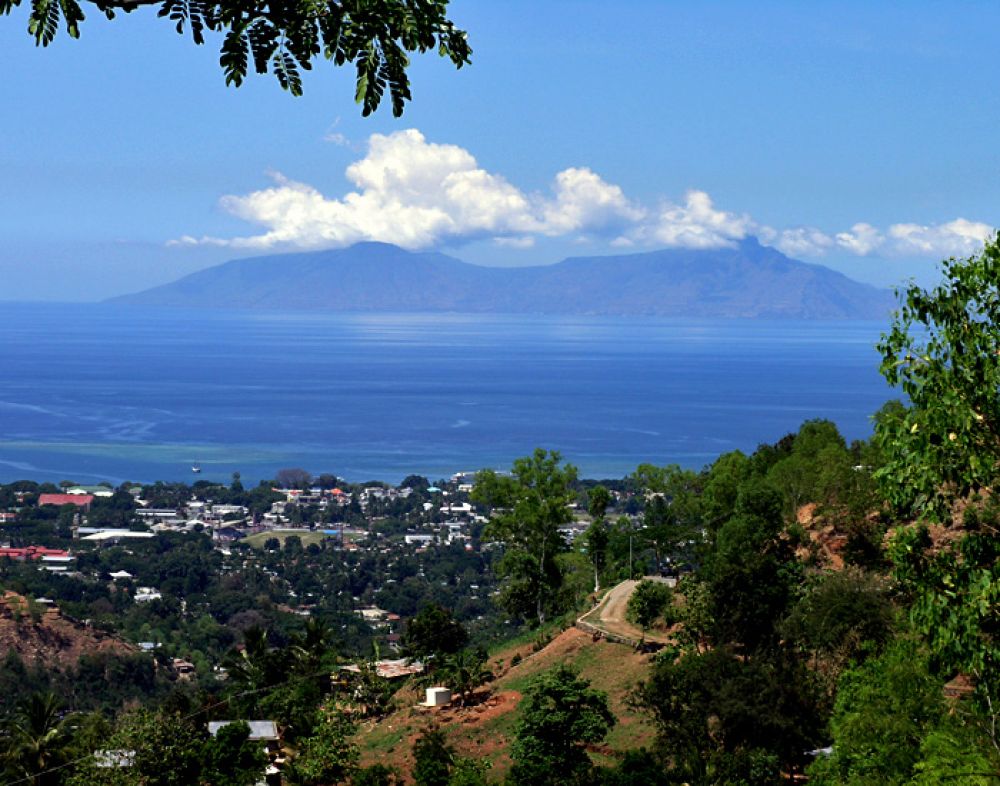

Located just north of Dili, the capital of Timor-Leste, also known as East Timor, Atauro Island is a hidden gem that offers a tranquil escape and is known for its pristine beaches and rich marine biodiversity. Vila Maumeta, a prominent village on the island, has an interesting tourism history that ties in closely with the overall narrative of Atauro Island.
The history of tourism in Atauro, including Vila Maumeta, is relatively recent compared to other global destinations. International tourism began to take root after Timor-Leste gained independence from Indonesia in 2002. Prior to this, the island saw little in the way of tourists due to political unrest and limited access.
Timor-Leste's government, alongside various non-governmental organizations, identified eco-tourism as a sustainable development path for Atauro Island. Vila Maumeta became a focal point for development given its accessibility and potential for growth. The community-driven initiatives emphasized the conservation of the island's natural resources and cultural heritage.
Dive tourism has grown significantly in recent years, with the discovery that the waters around Atauro Island have some of the highest concentrations of reef fish species in the world. This led to a surge in the number of divers visiting Vila Maumeta, eager to explore the island's vibrant coral reefs.
Efforts to promote sustainable tourism on Atauro, particularly in Vila Maumeta, have focused on community involvement. Local homestays, cultural experiences, and eco-friendly tours became integral parts of the tourism offering, ensuring that visitors have a direct positive impact on the community.
As with most destinations worldwide, the COVID-19 pandemic had a significant impact on tourism on Atauro Island. Travel restrictions led to a sharp decline in visitors. Vila Maumeta, like the rest of the island, had to adapt to these challenges, focusing on domestic tourism and resilience strategies.
In the wake of the pandemic, there is a growing trend of sustainable and responsible travel with an emphasis on outdoor activities that allow for social distancing. Vila Maumeta and the wider Atauro Island community continue to promote eco-tourism, dive tourism, and cultural immersion as the world gradually reopens for international travel.
The future of tourism in Vila Maumeta is likely to build upon its natural beauty and the islanders' commitment to sustainability. Efforts to train local guides, improve infrastructure, and enhance the visitor experience while maintaining environmental integrity are key to the ongoing development of Vila Maumeta's tourism sector.
In conclusion, Vila Maumeta's journey in tourism is marked by community-driven growth, sustainable practices, and a strong commitment to preserving the island's unique natural and cultural identity. As tourism rebounds post-pandemic, Vila Maumeta will undoubtedly remain a serene getaway that offers visitors an authentic and impactful travel experience.